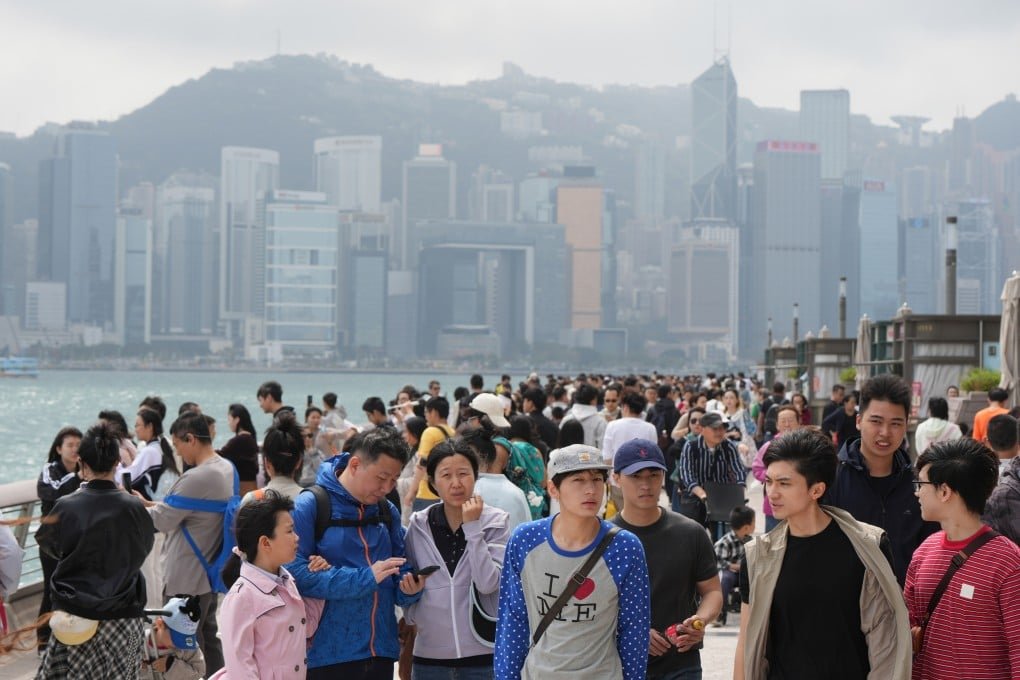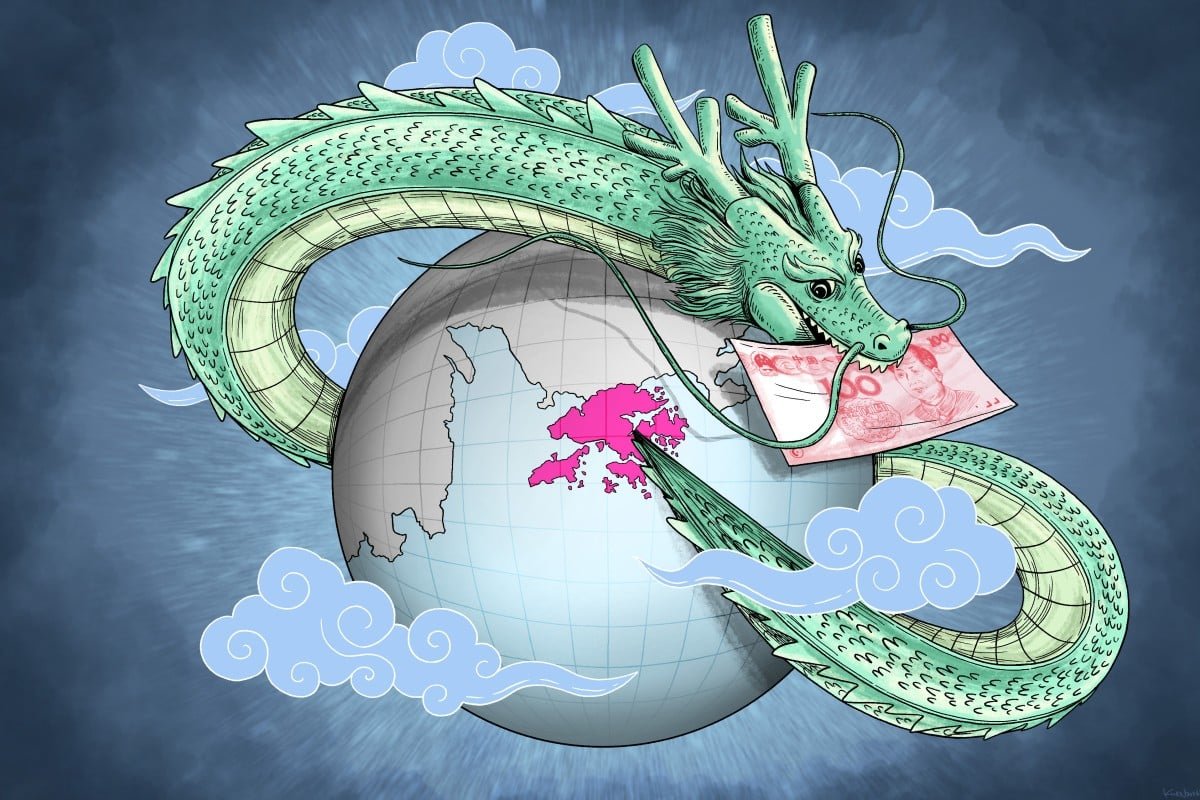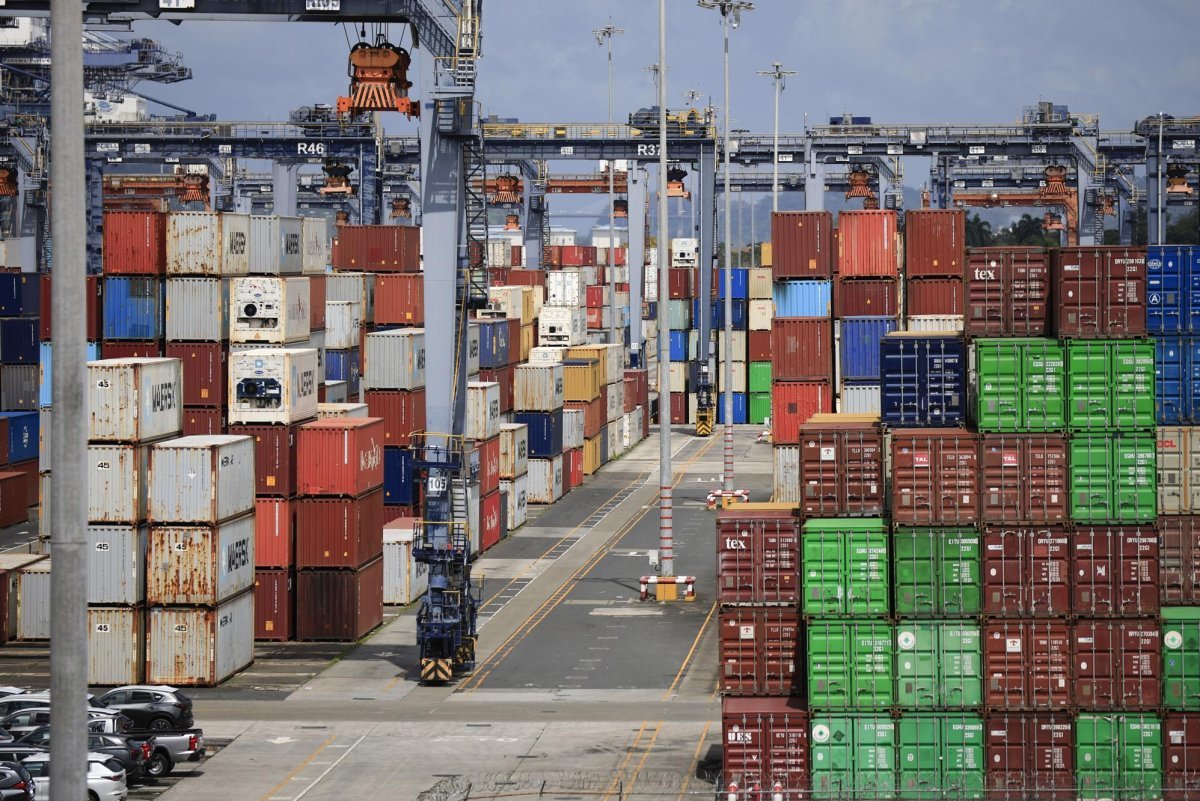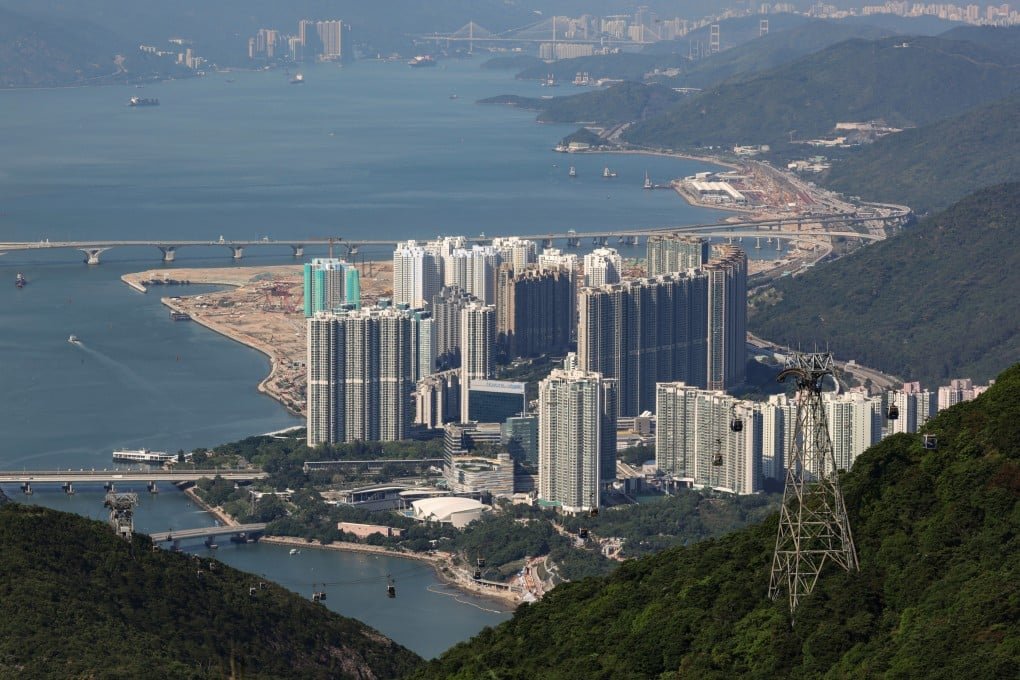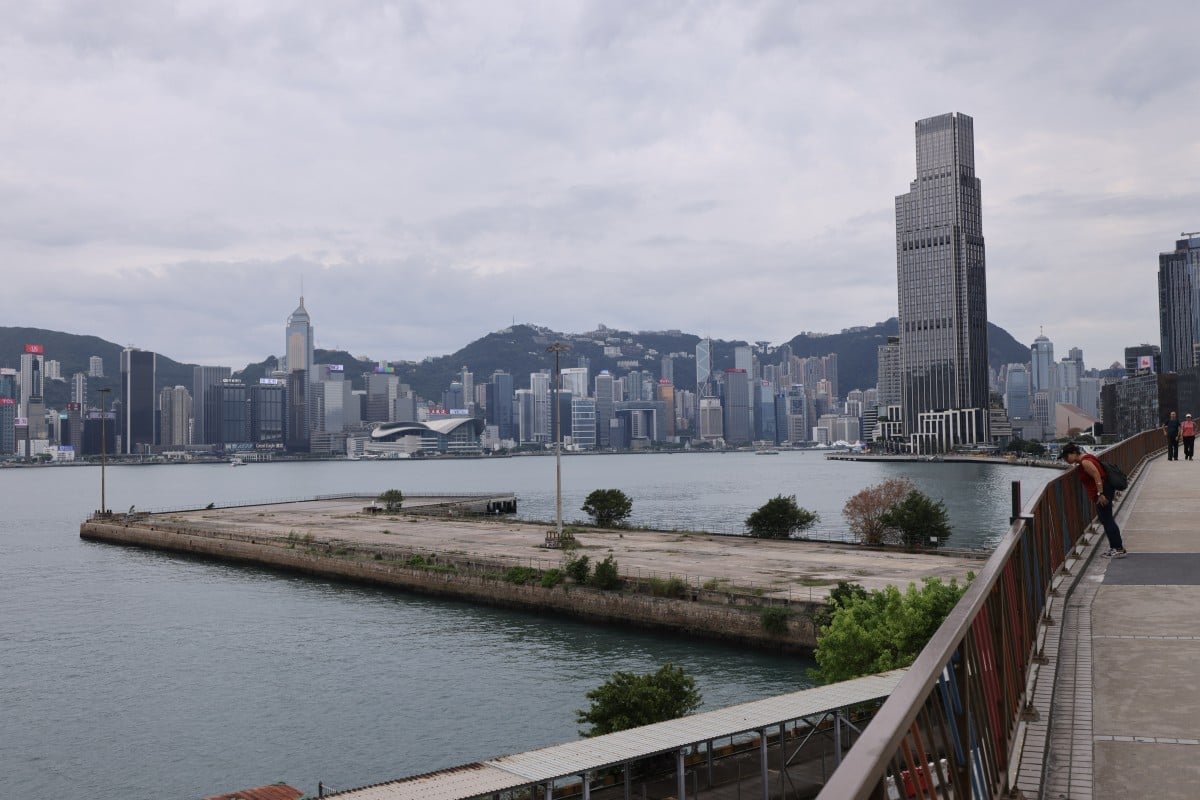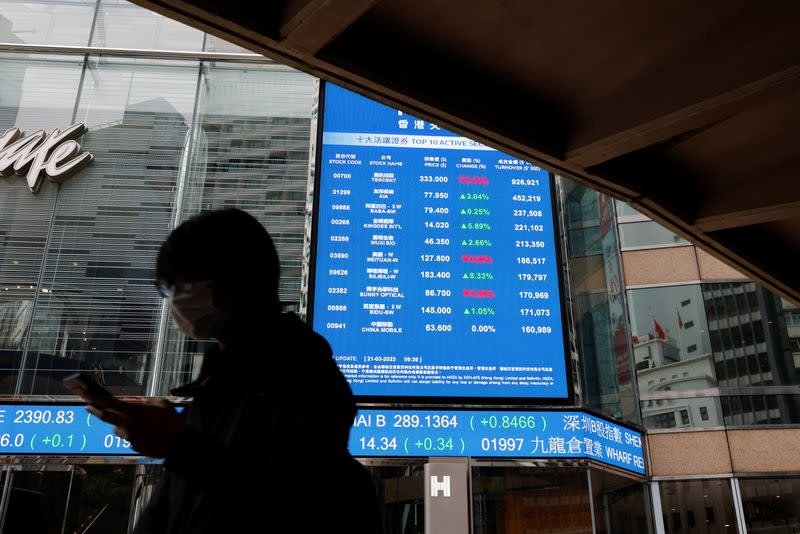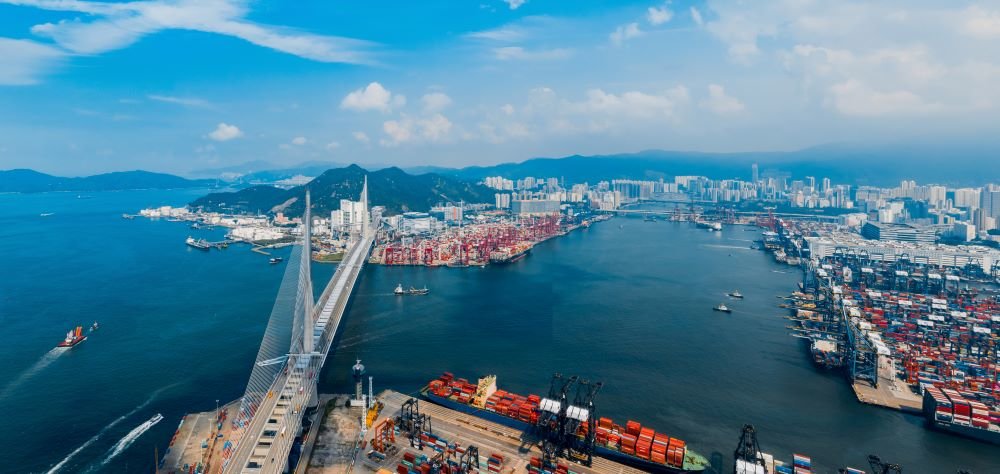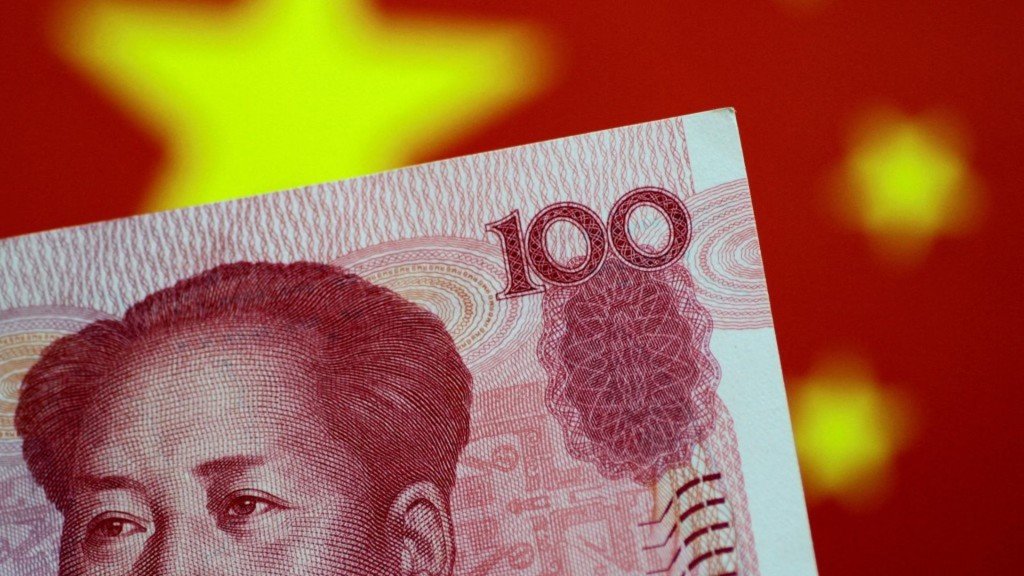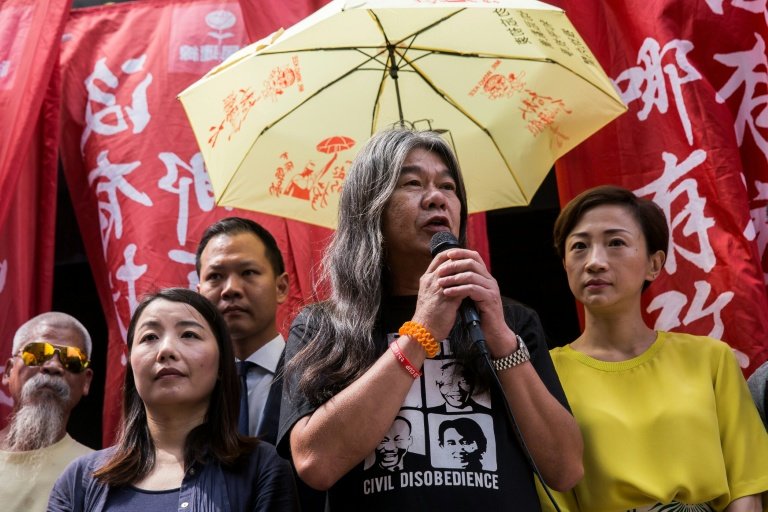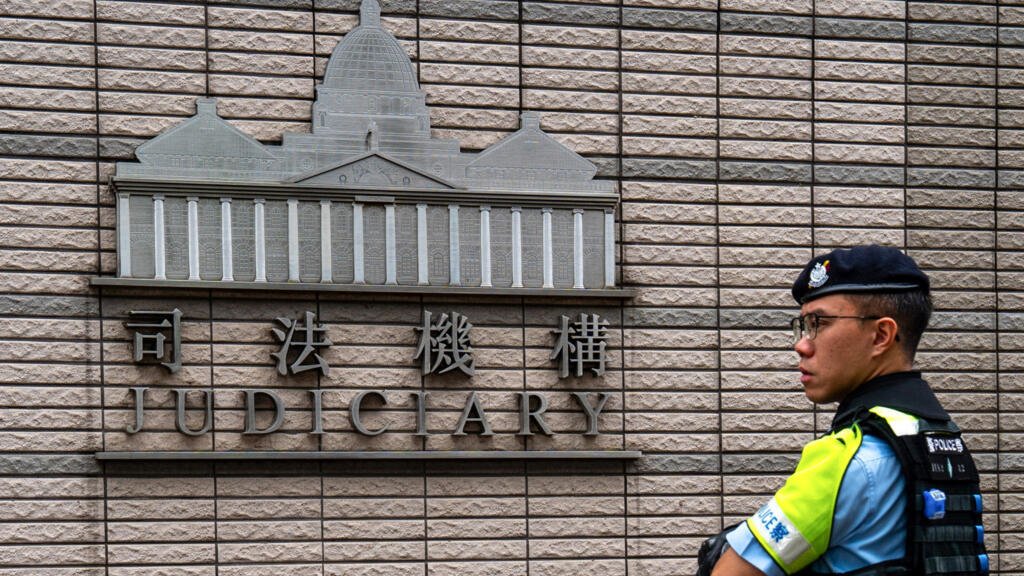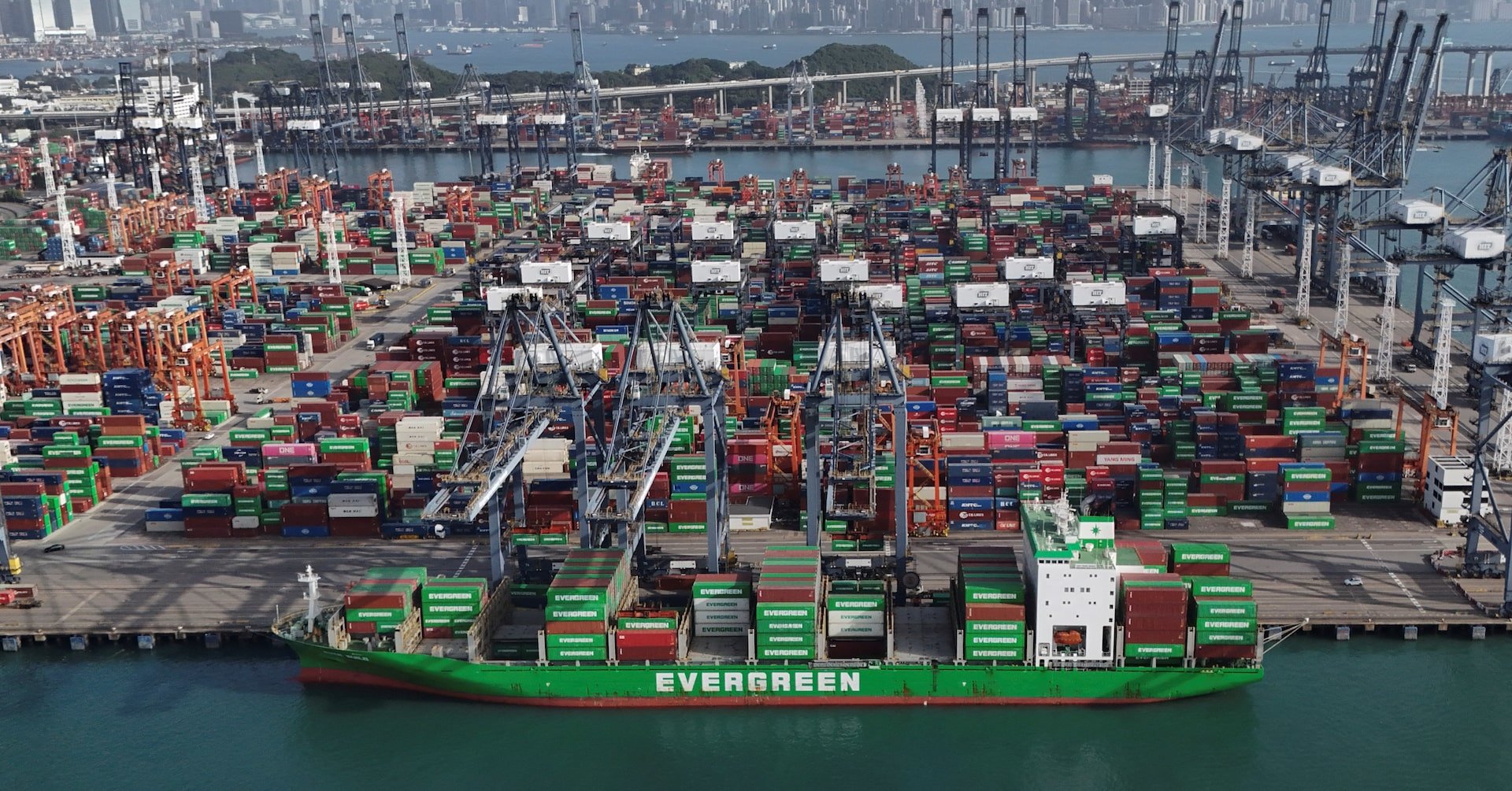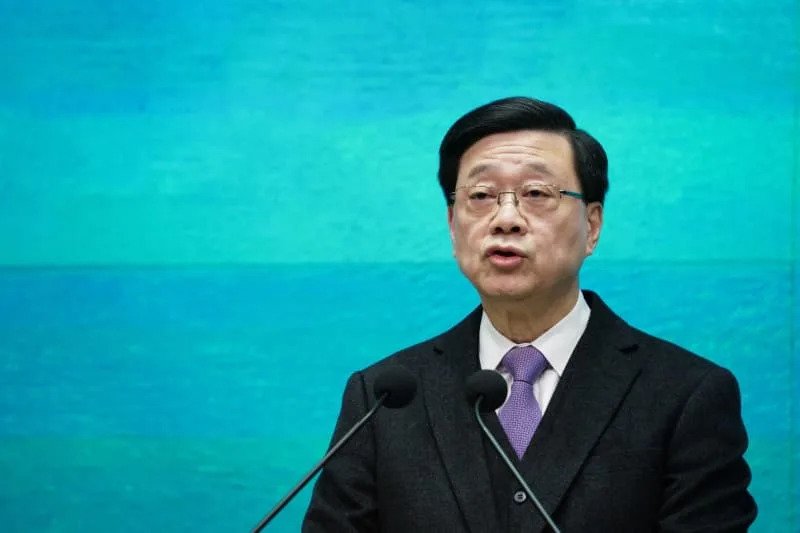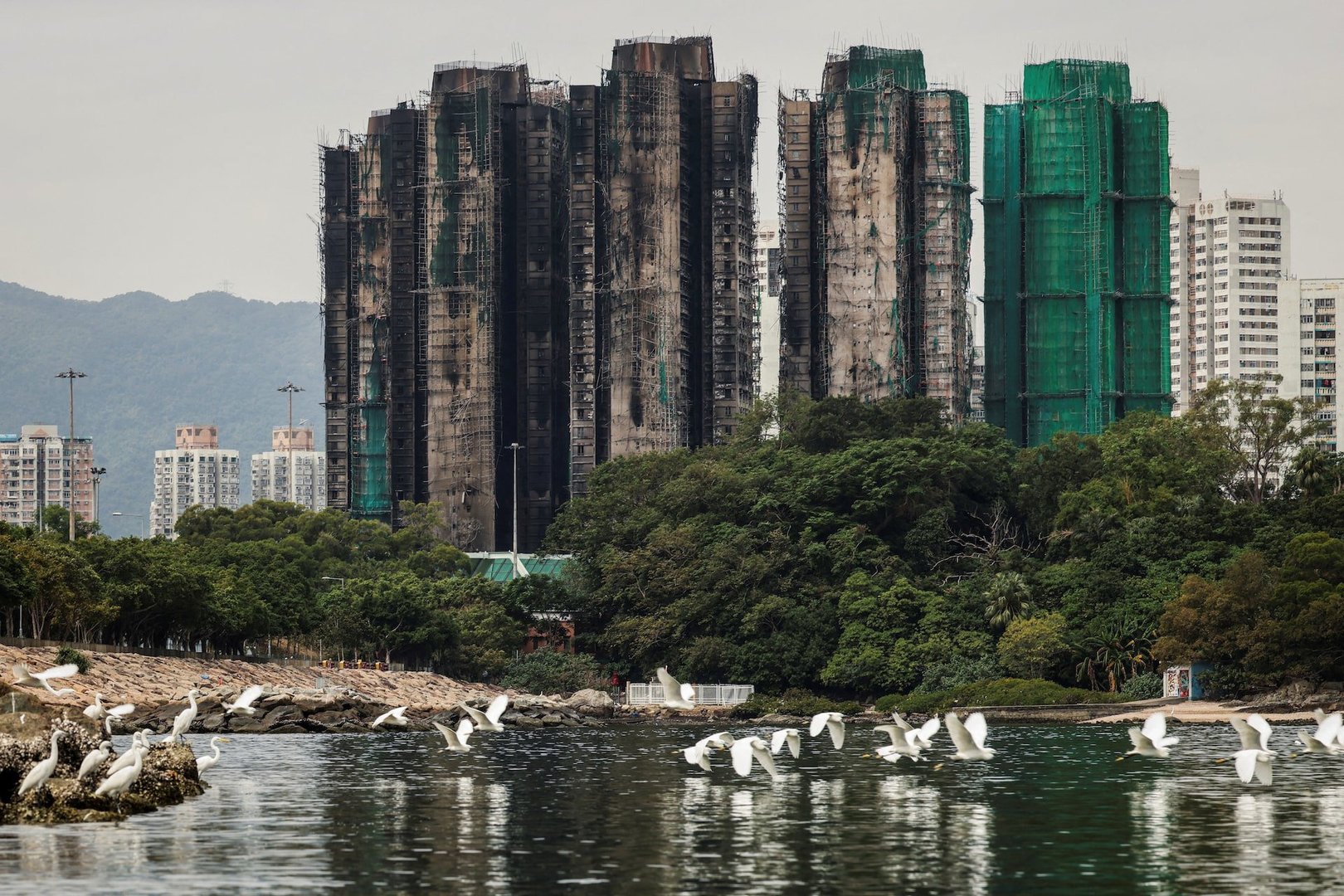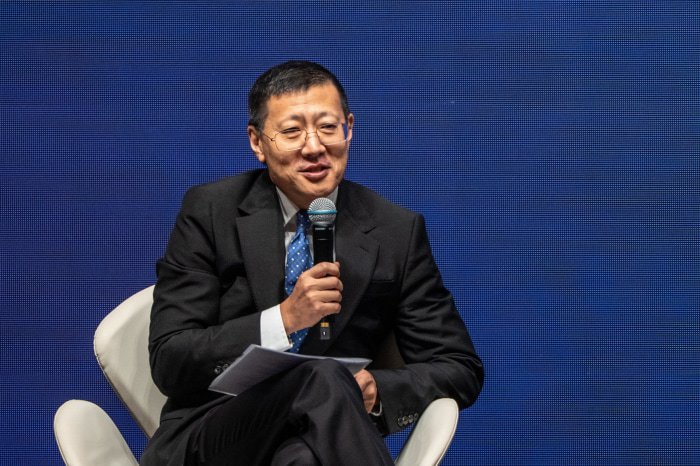
Staff numbers in British embassies in key Indo-Pacific countries such as China, India, and Pakistan have declined by up to 50 percent since 2015, according to an exclusive published by The Guardian on Thursday.
Workers at the Pakistan Embassy and consulate fell from a figure of almost 120 eight years ago to fewer than 60 last year; from nearly 80 in the Indian Embassy to under 50 in the same period; and from 110 to 119 in Beijing to 70 to 79, Foreign Office figures seen by The Guardian revealed.
The drop comes despite a government report in March 2021 which highlighted all three countries in a list of vital nations with which to deepen ties over the next 10 years.
The report said the British government would be looking to set up an “Indo-Pacific tilt” to make the UK the “country with the broadest and most integrated presence” in the region, ahead of European rivals over the next decade.
Official trips to countries in the Indo-Pacific region by British ministers and Foreign Office staff also fell during the period — from 37 in 2018 to just 12 last year.
The drop in numbers garnered criticism from UK Labour Party politician Catherine West, who accused the government of peddling a “hollow rhetoric” over its commitment to the region “that leaves the UK ill-prepared for the shifting of gravity in world affairs.”
She continued: “Labour recognizes China’s growing economic and political power as the most significant change in global affairs this century.
“We need to be prepared, not by tilting one way or another, but by following through with a serious, long-term approach to the vital Indo-Pacific region.”
A Foreign Office spokesperson told The Guardian that the figures were not as serious as claimed by the Labour Party, adding they did not paint an “accurate picture” of the UK’s role and commitment to the region, which had been successfully shown by “results on the ground.”
The reduction in numbers of UK-based staff in China and India was in part due to the COVID-19 pandemic and how Britain’s overseas development budget was spent, The Guardian reported.
The drop comes despite a government report in March 2021 which highlighted all three countries in a list of vital nations with which to deepen ties over the next 10 years.
The report said the British government would be looking to set up an “Indo-Pacific tilt” to make the UK the “country with the broadest and most integrated presence” in the region, ahead of European rivals over the next decade.
Official trips to countries in the Indo-Pacific region by British ministers and Foreign Office staff also fell during the period — from 37 in 2018 to just 12 last year.
The drop in numbers garnered criticism from UK Labour Party politician Catherine West, who accused the government of peddling a “hollow rhetoric” over its commitment to the region “that leaves the UK ill-prepared for the shifting of gravity in world affairs.”
She continued: “Labour recognizes China’s growing economic and political power as the most significant change in global affairs this century.
“We need to be prepared, not by tilting one way or another, but by following through with a serious, long-term approach to the vital Indo-Pacific region.”
A Foreign Office spokesperson told The Guardian that the figures were not as serious as claimed by the Labour Party, adding they did not paint an “accurate picture” of the UK’s role and commitment to the region, which had been successfully shown by “results on the ground.”
The reduction in numbers of UK-based staff in China and India was in part due to the COVID-19 pandemic and how Britain’s overseas development budget was spent, The Guardian reported.


